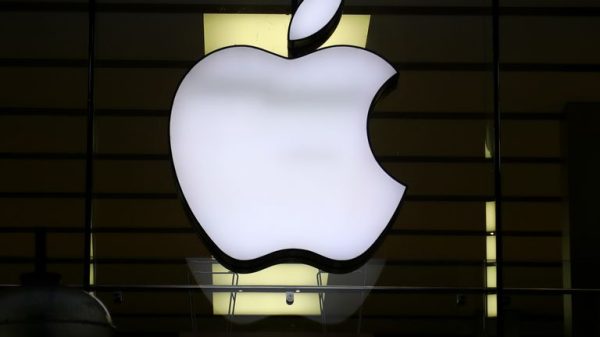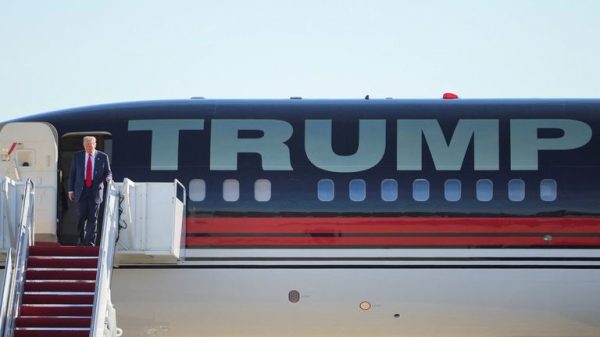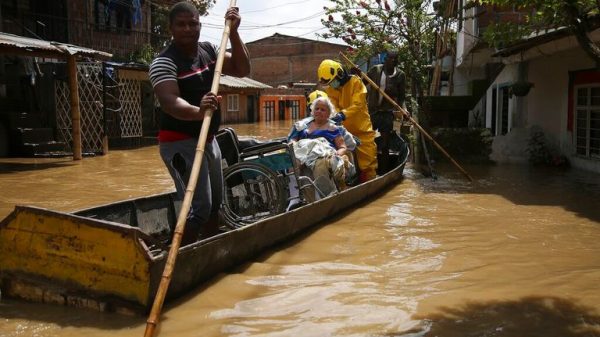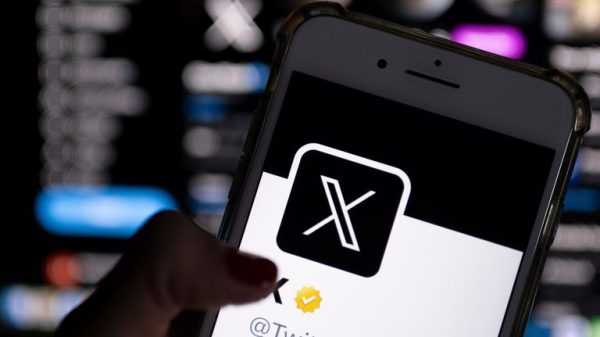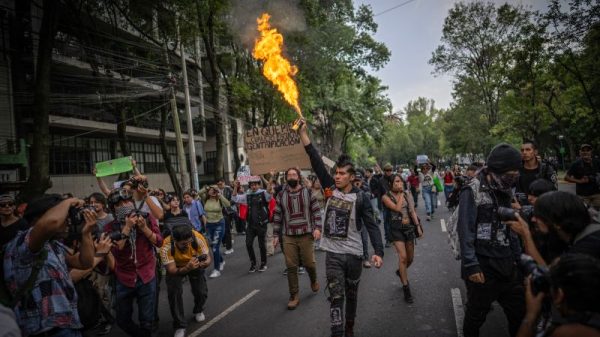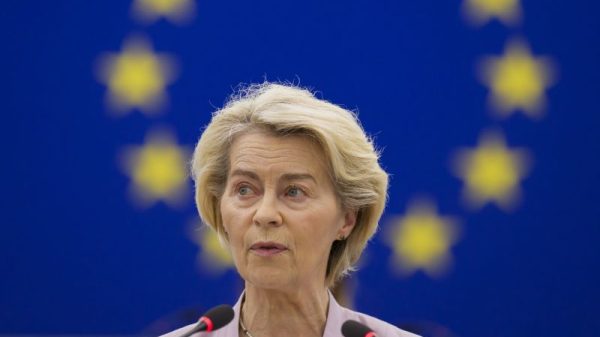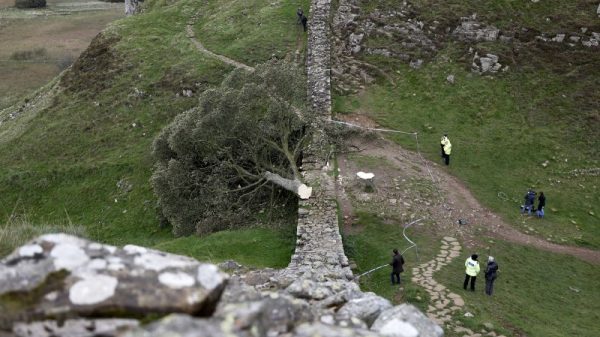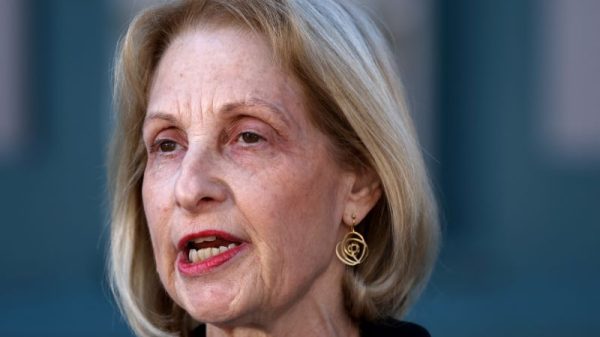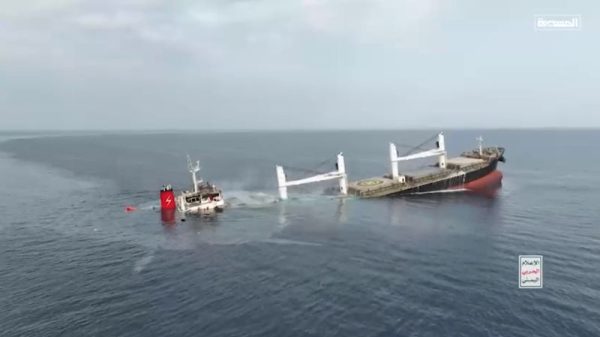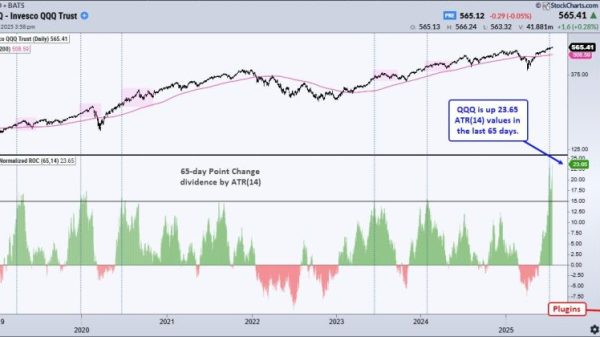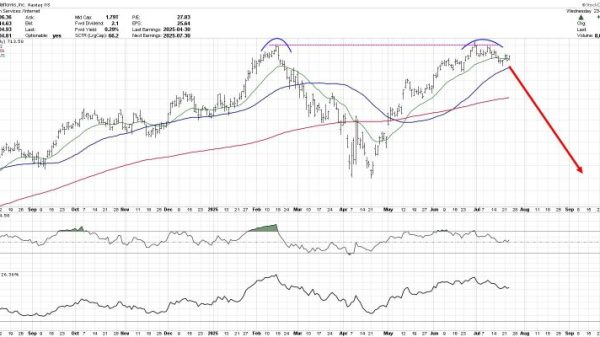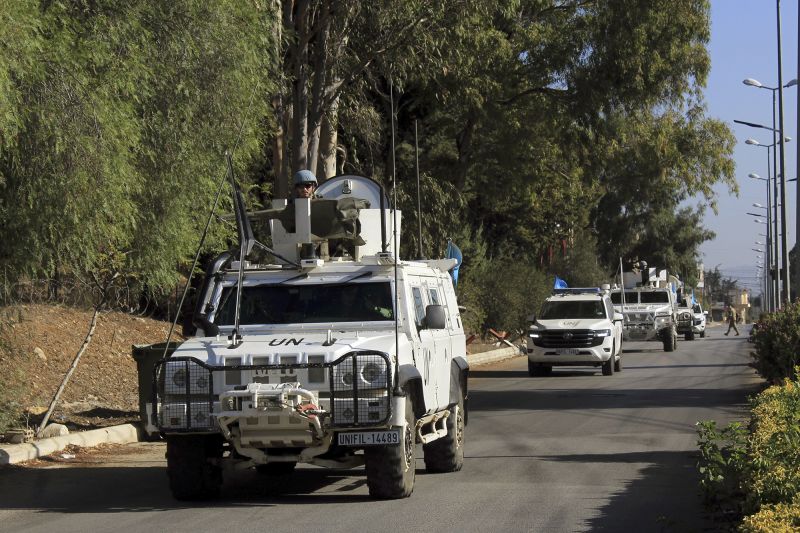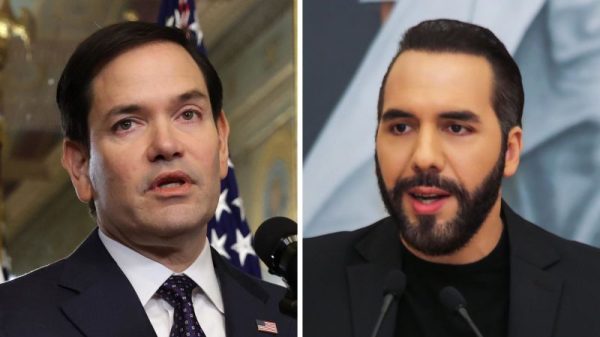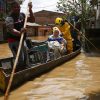Over the past week, the UN has said that the Israeli military has fired on its peacekeepers, forcibly entered its base, stopped logistics and injured more than a dozen of its troops in southern Lebanon.
Israel’s attacks on the peacekeeping mission, which has operated in Lebanon for more than 45 years, have been widely condemned by the international community. UNIFIL – the UN peacekeeping mission in Lebanon – has called the violations “shocking.”
Israel has accused Hezbollah of operating in areas near UNIFIL posts. Israeli Prime Minister Benjamin Netanyahu warned on Sunday that UN peacekeeping forces in Lebanon are in “harm’s way.” He expressed regret that some UN peacekeepers had been injured over the past week and called on UN secretary general António Guterres to get the peacekeepers out “immediately.”
Guterres said that attacks on peacekeepers “may constitute a war crime,” and that “UNIFIL and its premises must never be targeted.” The UN has said that its troops remain in Lebanon despite the attacks.
Here’s what to know:
What’s happened in the past week?
UNIFIL’s Naqoura headquarters and nearby positions have been repeatedly hit by Israel.
On Wednesday, UNIFIL said IDF soldiers “deliberately fired at and disabled” a UN position in Labbouneh.
Two peacekeepers were injured Thursday after an IDF tank fired toward an observation tower at UNIFIL’s headquarters, directly hitting it and causing them to fall.
On Friday, two UNIFIL troops were injured after two explosions occurred close to an observation tower. The IDF said it was responding to what it identified as an “immediate threat” against it, adding that it had instructed UNIFIL personnel to move.
Later Friday, a peacekeeper was shot in Naquora amid “military activity,” according to UNIFIL, which said UN buildings in Ramyah had sustained “significant damage” due to explosions from nearby shellings.
On Saturday, UNIFIL said IDF soldiers stopped a critical UNIFIL logistical movement near Meiss ej Jebel.
And early Sunday, UNIFIL said the IDF violated international law after backing its tanks into its post in Ramyah, forcibly entering the position and requesting that the base turn off its lights. The IDF later said one of its tanks backed into the post because it was evacuating soldiers wounded by an anti-tank missile.
Israel’s actions have drawn condemnation from several of its allies, including France and the UK, who said it was “appalled” by reports that Israel deliberately targeted UN bases last week.
What is UNIFIL?
The United Nations Interim Force in Lebanon (UNIFIL) was established by the UN Security Council following Israel’s first invasion into southern Lebanon in 1978.
Its mandate was to confirm the withdrawal of Israeli forces from the country, restore international peace and security, and assist the Lebanese government to restore its effective authority in the area.
In June 1982, Israel invaded Lebanon for a second time and subsequently established a security zone inside the country, which remained until its withdrawal in 2000.
In 2000 UNIFIL established the Blue Line – an area spanning 120 kilometers (around 75 miles) along southern Lebanon to ensure the complete withdrawal of Israeli forces. It acts as a de-facto border between the two countries since Lebanon and Israel have an ongoing border dispute.
The UNIFIL troops are tasked with monitoring border violations and keeping the area, which includes Hezbollah strongholds – secure.
While UNIFIL is a peacekeeping mission, troops can use force in certain circumstances, including self-defense, to protect civilians under the imminent threat of violence and to protect UN personnel facilities and equipment.
UNIFIL’s mandate is renewed annually by the UN Security Council at the request of Lebanon. The Security Council most recently extended the mandate until August 31, 2025.
Who makes up UNIFIL?
The mission is made up of more than 10,000 personnel from 50 countries, the majority of whom are troops.
Indonesia, Italy, India, Nepal, Ghana and Malaysia contribute the most troops. Spain, China, Ireland and France also make up a large presence. Some countries contribute only one UNIFIL troop, like the United Kingdom, Peru and Nigeria.
The peacekeepers operate in a 410 square mile area between the Blue Line and the Litani River in southern Lebanon. They hold 50 positions, with the UNIFIL headquarters situated in Naqoura in the southwest of the country.







